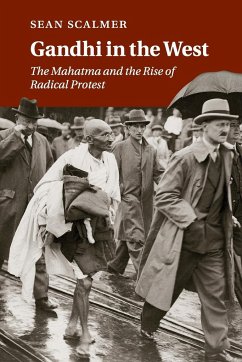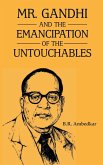The non-violent protests of civil rights activists and anti-nuclear campaigners during the 1960s helped to redefine Western politics. But where did they come from? Sean Scalmer uncovers their history in an earlier generation's intense struggles to understand and emulate the activities of Mahatma Gandhi. He shows how Gandhi's non-violent protests were the subject of widespread discussion and debate in the USA and UK for several decades. Though at first misrepresented by Western newspapers, they were patiently described and clarified by a devoted group of cosmopolitan advocates. Small groups of Westerners experimented with Gandhian techniques in virtual anonymity and then, on the cusp of the 1960s, brought these methods to a wider audience. The swelling protests of later years increasingly abandoned the spirit of non-violence, and the central significance of Gandhi and his supporters has therefore been forgotten. This book recovers this tradition, charts its transformation, and ponders its abiding significance. Where did the non-violent protests of the 1960s originate from? This book uncovers their history in an earlier generation's intense struggles to understand and emulate the activities of Mahatma Gandhi. It documents these efforts, traces their influence on later events, and contemplates their significance.
Hinweis: Dieser Artikel kann nur an eine deutsche Lieferadresse ausgeliefert werden.
Hinweis: Dieser Artikel kann nur an eine deutsche Lieferadresse ausgeliefert werden.
'There are many books available on Gandhi, perhaps too many. Very often they add little to the existing literature and are not particularly well written. Scalmer is providing something genuinely new through his analysis of Gandhi and the Mahatma's impact on the rise of radical protest in the West through the framework of globalization. And his writing, while incredibly well informed (and documented), is accessible - in fact it can be read as a ripping good yarn.' Thomas Weber, La Trobe University








